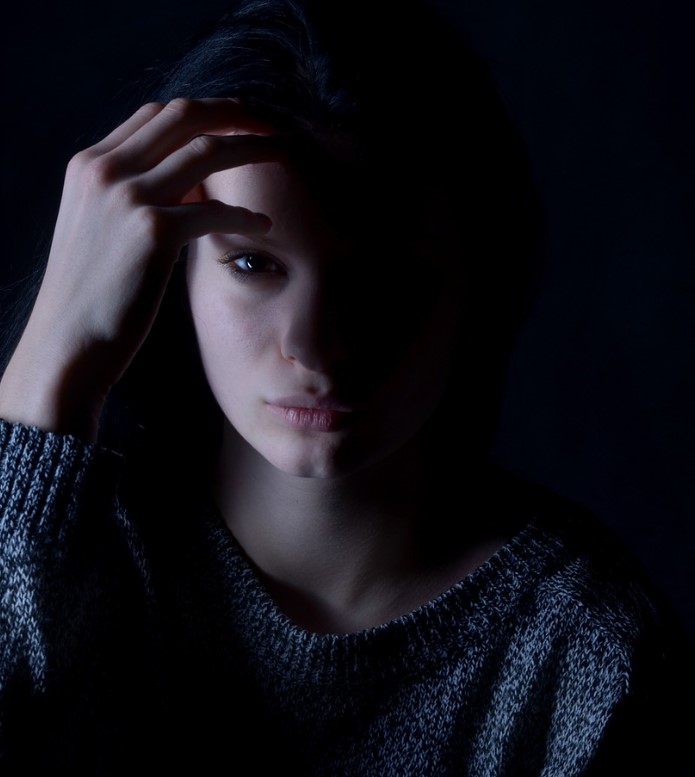Table of Contents
What are the symptoms of depression?
According to the DSM-5, a manual that doctors use to diagnose mental disorders, you have depression when you have five or more of these symptoms for at least 2 weeks:
- Your mood is depressed most of the day, especially in the morning.
- You feel tired or have a lack of energy almost every day.
- You feel worthless or guilty almost every day.
- You feel hopeless or pessimistic.
- You have trouble concentrating, remembering details, and making decisions.
- You can’t sleep, or sleep too much, almost every day.
- You have almost no interest or pleasure in many activities almost every day.
- You often think about death or suicide (not just fear of death).
- You feel restless or slowed down.
- You have lost or gained weight.

Symptoms can also occur in patterns. For example, depression can come with a change in seasons (a condition called seasonal affective disorder). It’s not uncommon for depressed people to have physical signs of the condition that afflicts them: joint pain, back pain, digestive problems, sleep disturbances, and appetite changes. The reason is that brain chemicals related to depression, particularly serotonin and norepinephrine, play a role in both mood and pain by sending the entire system into disarray.
Depression in children and adolescents
Depression in adolescents is quite common. Many teens feel unhappy or moody. When the sadness lasts for more than 2 weeks and a teen has other symptoms of depression, there may be a problem. Look especially at interaction withdrawal from friends and family, a drop in school performance, or alcohol or drug use. Talk to your doctor or psychotherapist and find out if your child may be depressed. There is effective treatment that can help teens overcome depression as they move into adulthood.








